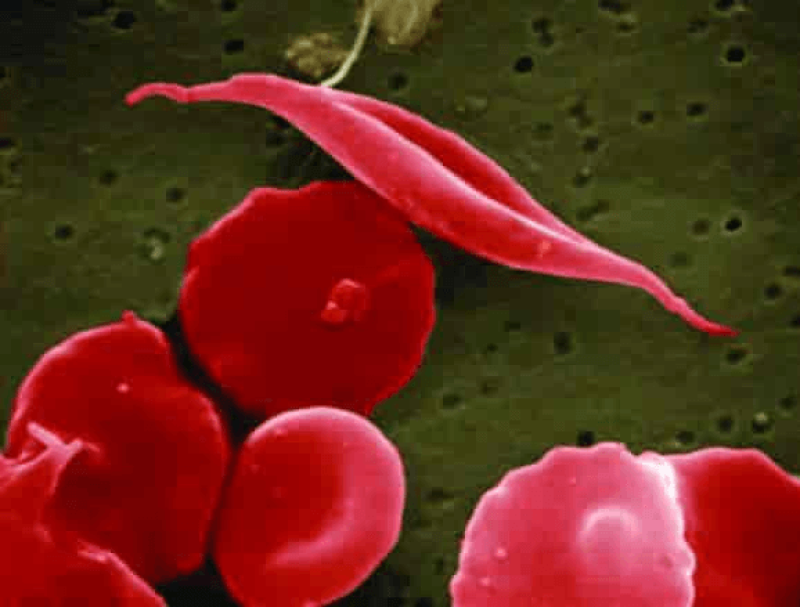The treatment of sickle cell disease is on the cusp of a historic breakthrough, with makers of two gene-based treatments for the debilitating blood disorder hoping for regulatory approval this year.
But for those with sickle cell in sub-Saharan Africa, where more than 60% of the 120 million people worldwide live with this disease, there is little cause to celebrate. A potential cure that could save them from severe illness and early death will exist — but its expected multimillion-dollar price tag will be far out of reach.
Ensuring access for complex treatments even rich countries struggle to afford will not be easy, but this is even more reason for pharmaceutical companies, governments, and the global health care community to start working now on ways to bridge the access gap.
This is in addition to the obligation on pharmaceutical companies to do more to help patients today, even as they plan for the future. In the case of sickle cell disease, Africans are already falling far behind when it comes to accessing an important existing drug, hydroxyurea, which is not a cure but can improve survival by up to 80%. The disparity in access to this chemotherapeutic agent, whose benefits have been known for two decades, is one of the key reasons why African patients die so much earlier than those in the U.S.































